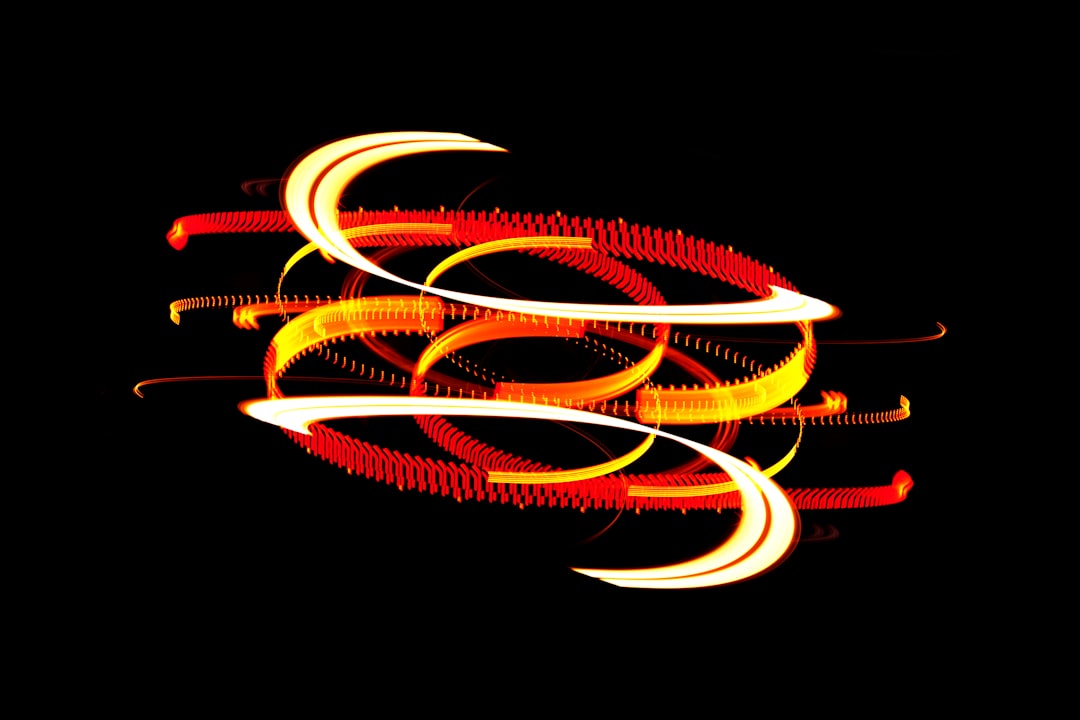The Convergence of Speed, Spectacle, and Strategy: Inside the World of MotoGP and Modern Media
Racing Hearts: What is MotoGP?
For the uninitiated, MotoGP is the aristocrat of motorcycle racing—a heady blend of speed, precision, and daring that has captivated millions since its origins in the early 20th century. Born from a culture of tinkering, innovation, and the simple thrill of racing motorcycles, MotoGP today is a high-tech spectacle. Teams hailing from engineering powerhouses like Italy, Japan, and Spain build machines capable of exceeding 350 km/h, piloted by athletes whose reflexes are almost superhuman.
MotoGP’s races are more than engineering trials; they are globetrotting carnivals, from the storied tarmac of Mugello in Tuscany to the windswept curves of Phillip Island in Australia. Each Grand Prix is as much a cultural event as a sporting contest—drawing crowds, TV audiences, and a passionate online following.
Liberty Media: The Architect of Modern Sports Entertainment
Causing a buzz in the sporting world, Liberty Media is a pivotal player in the modernization of how we consume sports. Known best for its stewardship of Formula 1, Liberty Media has a history of transforming niche passions into global phenomena. Their approach involves more than broadcasting races—they reimagine storytelling, fan engagement, and digital content delivery, creating immersive experiences that engage both long-time devotees and new generations.
Liberty Media’s journey parallels the transformation of sports into multi-dimensional brands. Gone are the days when fans waited for highlight reels on television. Today, they expect behind-the-scenes access, data-driven insights, and real-time social media interaction—demands that Liberty Media works tirelessly to meet.
The Role of EU Regulators: Balancing Competition and Consumer Interests
Behind every major media merger in Europe, the quiet yet critical scrutiny of the European Union’s regulatory bodies looms. Designed to prevent monopolies and foster healthy competition, the EU’s regulatory framework considers not only commercial interests but also the broader societal implications of market concentration in the media sector.
These regulatory processes underscore a vital trend: Media and entertainment are no longer local or even continental. Decisions made in Brussels or Luxembourg ripple through fan communities and marketplaces from Madrid to Mumbai. EU oversight, then, isn’t about bureaucracy—it’s about safeguarding the diversity and innovativeness of the sports and entertainment ecosystem.
Unexpected Intersections: Technology, Culture, and Society
While MotoGP’s drama often unfolds on asphalt, the drama behind the cameras is no less riveting. Developments in on-bike cameras, data telemetry, and real-time graphics have turned races into spectacles of information and immersion, allowing fans unprecedented access to rider perspectives and performance analytics.
Equally, the culture of MotoGP has evolved. Traditionally considered a male-dominated and European-centric sport, it’s now seeing global expansion, efforts to nurture female talent, and outreach to new markets. The digital era has also brought communities of fans closer, allowing interaction beyond borders in a way that would have been unthinkable when the series began.
MotoGP and Broader Trends
The interplay between sport, business, and technology in MotoGP mirrors broader societal movements: the globalization of entertainment, the intensification of competition for attention, and the balancing act between tradition and innovation. Media companies becoming custodians of sports properties signals a future where storytelling, technology, and community are as important as the athletic competition itself.
As new generations tune in from smartphones, VR headsets, or interactive apps, the story of MotoGP—and the business and regulatory forces shaping it—serves as a compelling microcosm of how our world is changing faster than ever before.
This article was inspired by the headline: 'Liberty Media receives nod from EU regulators for MotoGP deal'.
